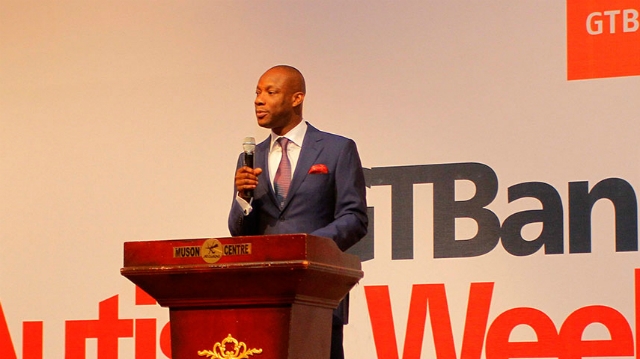The elimination of fuel subsidies has harmed the lives of many people, including public and private sector employees.
The private sector, most notably GT Bank, has begun a 100% pay increase for cleaners and drivers.
Starting in July 2023, cleaners will earn between N70,000 and N80,000, while drivers will earn between N140,000 and 150,000.
The removal of the fuel subsidy has affected every Nigerian, including employees, because the subsidy removal results in higher transportation costs for their daily commute.
Those who rely on public transportation, such as buses, taxis, and motorcycles, are disproportionately affected, as these modes of transportation have raised their fares in response to higher fuel prices.
As a result, many employees must now set aside a significant portion of their pay to cover transport costs, leaving little for other necessities such as food and rent. To deal with the situation, some employees may need to look for additional sources of income or look for job opportunities closer to their homes in order to save money on transportation.
Additionally, there is a risk of job loss for employees if their employers struggle to meet payroll or sustain their businesses due to increased operational costs.
The removal of fuel subsidies in Nigeria though a contentious policy, has significant consequences for the country’s economy and society.
While the government asserts that this measure will result in cost savings, reduced corruption, and increased investment in the oil sector, many Nigerians have been having doubts regarding the advantages and have been expressing their concerns about the adverse effects it will have on their lives.
Recall earlier that NLC proposed a wage increase to alleviate the impact of subsidy removal on Nigerians.
Government workers constitute only 11% of the working population in Nigeria, so the private sector is hugely affected. Workers in the private sector especially junior workers are particularly vulnerable and heavily affected by the rise in fuel costs.
The private sector notably the banking sector has therefore taken measures to increase the salaries of junior staff as of July 2023. However, it should be noted that the majority of this category of employees are outsourced from a Third party.
Reports have it that security staff, cleaners and drivers from Guaranty Trust Bank will be getting a 100% increase in salary. Cleaners will have between N70,000 to N80,000 while drivers will have between N140,000 to 150,000.
In general, the elimination of fuel subsidies in Nigeria represents a significant shift in the country’s economic policy. While the goal may be to address fiscal challenges and promote market-based pricing, the implications for inflation, transportation costs, and individual well-being should not be overlooked.
If other private-sector actors continue to raise wages, this could add to both short-term and long-term inflationary pressures.


